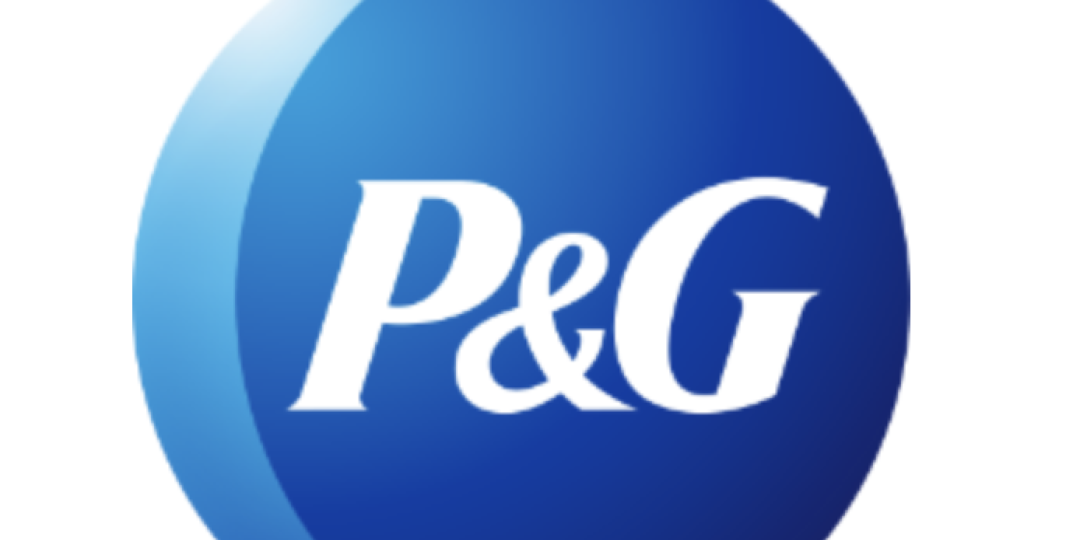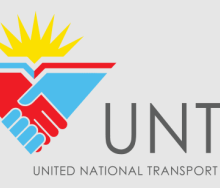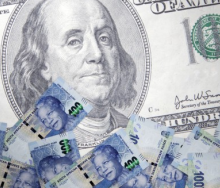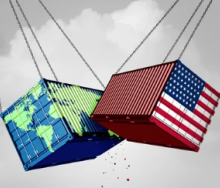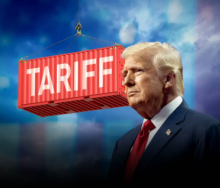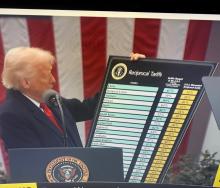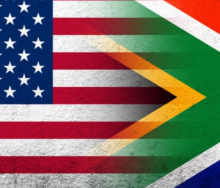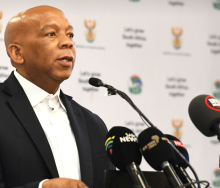United States consumer goods powerhouse Procter & Gamble (P&G) could incur charges of up to $1.8 billion after tax because of its restructuring of operations in Nigeria and Argentina, which is why it has decided to scale down manufacturing in the West African country and import into it from other source countries.
The multinational expects $2.5bn in charges over the next two years from rejigging operations in some of its markets and writing down the value of its Gillette business.
Both Nigeria and Argentina have been problematic for the corporation.
"So when you think about places like Nigeria, when you think about places like Argentina, it's very difficult for us as a US dollar-denominated company to create value," Andre Schulten, P&Gs chief financial officer said at the Morgan Stanley Global Consumer & Retail Conference in New York last week.
"It's also difficult to operate because of the macroeconomic environment," he added.
P&G is the maker of iconic brands that include Pampers, Gillette, Ariel, Always and Oral-B.
Foreign companies, especially manufacturers and energy firms, have been exiting Nigeria in numbers - most citing the current foreign exchange crunch and devaluation of the naira, which means lower earnings for foreign companies in dollar terms.
In March, Unilever announced an end to the production of its homecare and skin-cleansing products in Nigeria because those categories are "margin dilutive" and the decision needed to be taken to make its Nigerian operation profitable.
This August, British pharmaceutical giant GlaxoSmithKline said it was terminating its manufacturing operations in Nigeria as well, opting instead for a third-party distribution model.
P&G has been operating in Africa's largest economy for 30 years and ran two manufacturing plants in Ibadan, Oyo State and Agbara, in Ogun State. It has been scaling back operations through job cuts and partial running of its factories in recent years.
Nigeria contributes $50 million in net sales to P&G's global business, according to its CFO.
